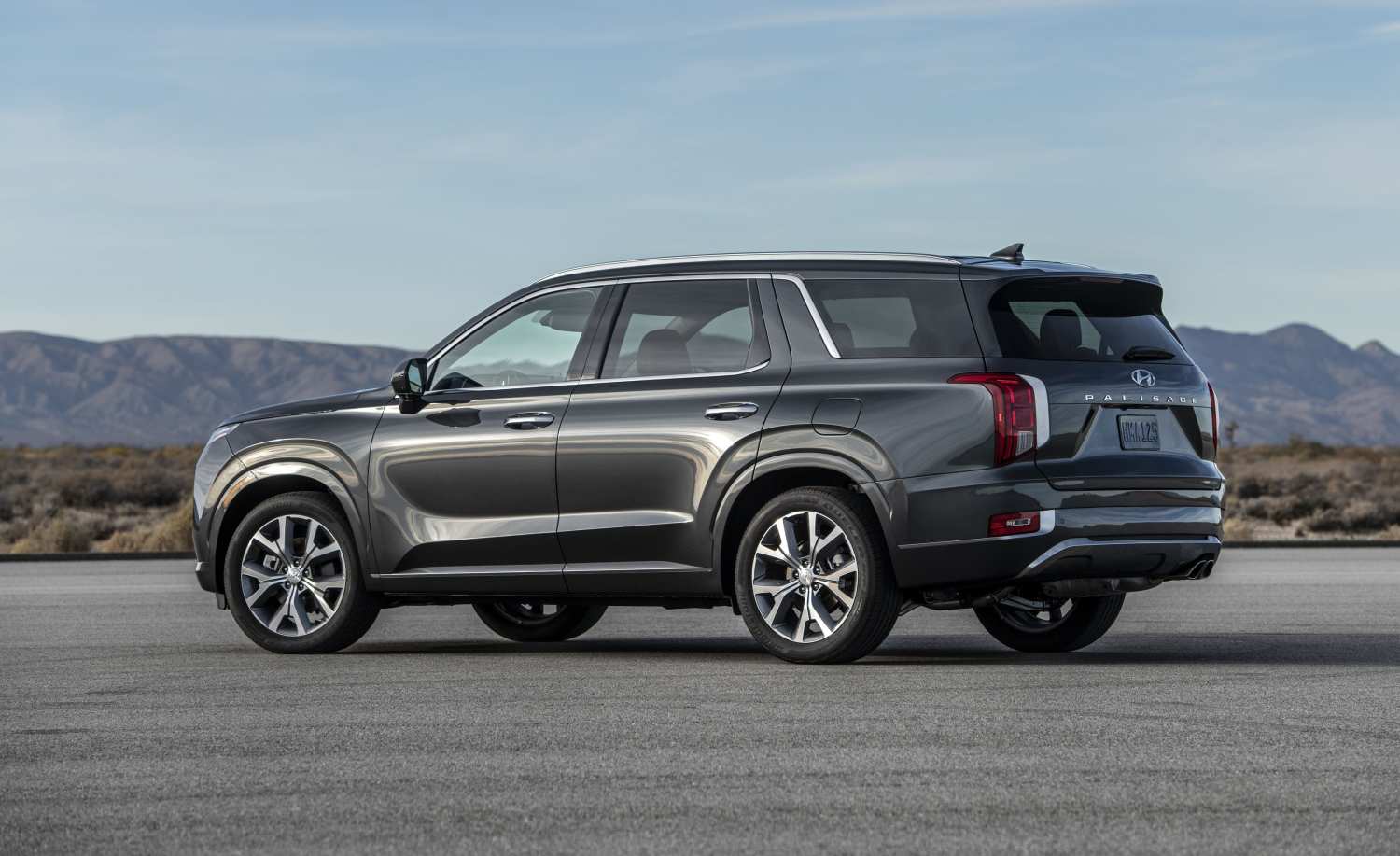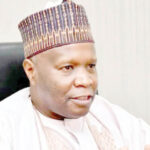Sometime in the 16th century, a poor Indian wandering the wilds of the Andean Forest in South America was struck by intense fever, the sort that had killed thousands of villagers like him before. Believing he was about to die, he came upon a stagnant pool of water amid some cinchona trees, which the Indians all thought was a poisonous plant. Against his better judgement and perhaps sure of his death, he fell to his knees and drank the water anyway. It tasted bitter, but it quenched his thirst. He lay down to die but later realised his fever was subsiding. He found his way back to the village and reported the miracle.
Finally, the villagers realised that the bark of the cinchona tree helped cure the disease that would later be known as malaria. Scientists would later discover that the cinchona, or the fever tree, as it later became known, was the source of quinine, which has been widely used in developing malarial drugs.
While this accidental discovery has saved millions of lives since then, what most people don’t realise is that that was also what made colonisation possible in the first place. The knowledge of its efficacy passed from the Indians to Jesuit missionaries in South America and eventually to colonisers, who were highly vulnerable to malaria. It gave them the security to expand inland, decimate the cinchona trees and decimate the lands and the people. In a strange twist of fate, the cure for the infections caused by tiny mosquitoes was the catalyst for the invasion of the bigger, more vicious mosquitoes that swarmed in and sucked the blood of countries and their people.
Colonisation swept in from the coastal regions inland, taking one kingdom after the other in a way that allowed a country as small as the UK to colonise territories as vast as India or immense swathes of Africa. It allowed tiny Portugal, a European lapdog country, to conquer the expansive territory of Brazil.
While this appropriation of immense proportions was taking place, the various entities in these regions were distracted by other things like intra and inter-tribal scuffles. Some of them were accepting mirrors, gins and gunpowder from the colonisers to help subdue their neighbours. This was all a long time ago.
Unfortunately, this is also happening now as Nigeria, in particular, and Africa at large face a second colonisation. No, I am not talking about neo-colonisation, which is an extension of the original colonisation. I am talking about the continent’s colonisation by poverty, a good deal of which is self-inflicted.
While the extractive colonisation of the past could be blamed for the state of the continent, the reality is that the Nigerians and Africans have been largely in charge of their countries—and I use the word largely deliberately—for the past 60 years. Yet, one after the other, various governments have made bad decisions after bad decisions that have only deepened the impact of the first colonisation and allowed the second colonisation to thrive.
In 2018, the World Poverty Clock (WPC) declared Nigeria the poverty capital of the world, overtaking India. At the time, over 80 million Nigerians were estimated to be living on less than two USD a day. The World Bank estimates that 4 of every 10 Nigerians live in poverty. While the naira, which in the early 1980s was exchanged at 72 kobo to a dollar, has today crashed to 1,300 naira to a dollar, and earnings have not increased, it only means that the number of Nigerians in this category will grow.
Like in the previous colonisation, this one has its enablers. These enablers are the elected public officials who so far have given little attention to the monster eating up their electorate and are more concerned with lining their beds, and collecting the beads, gins and gunpowder of today.
Last week, news broke that Nigerian lawmakers will be spending some N75 billion of public funds to order 360 SUVs for their use. If you, like me, found this news outrageous, well, it is because it is. It is not just the prices for which they are procuring the vehicles but the overall context in which these procurements are being made. The first is that this news broke in the same week that the naira crashed to a record low (it is hard to keep track of the rates these days), meaning the prices of goods will go up. What is not going up is the earnings of Nigerians.
The second is the justification the senators tried to give for this profligacy. The chairman of the committee on senate services, Senator Sunday Karimi, while justifying the spending, lashed out at Nigerians for their outcry, blamed them for not being smart enough to see how the Senate is being frugal by spending only N75 billion on luxury cars, pointed fingers at the army of ministers the president has assembled who each have four official vehicles. He then concluded by saying they need the expensive jeeps to drive across the country’s terrible roads.
The implication, if one would interpret it gwari-gwari, as we say, is that we will keep the roads terrible for everyone else and drive ourselves in as much comfort as we can. The logic is baffling.
Wouldn’t the most rational thing to do be to lobby the federal government to spend that money on improving roads across the country because that would serve a greater majority of Nigerians, the lawmakers, their families and constituents included, improve the country’s economy by facilitating trade and businesses, and above all, improve safety on the roads.
It would make far more sense to invest this money in building infrastructure that would help ordinary, hardworking Nigerians claw their way out of poverty, have access to affordable healthcare and live a decent life, as people who have a responsible government in place would do. But like the first enablers of colonisations, these ones, too, would rather take their mirrors and gins and watch poverty gobble the electorate.
This would not be the first time that the lawmakers would be dancing over the hospital beds of broken Nigerians to make life more comfortable for themselves. In the first weeks of this administration, when the country was reeling from the sudden subsidy withdrawal and the government was asking poor Nigerians to tighten their belts and make sacrifices for the country, the Senate secured a N70 billion largesse for itself to create a “conducive working environment” in the NASS building that the country had already spent billions to renovate just recently.
It makes no sense for the government and public officials to demand sacrifices from Nigerians only to blow these away with bad decisions that, in the end, only serve a handful of elected and appointed officials. Decisions that make the Nigerians, who handed their mandate to these officials, feel like the Indians who unwittingly gave the secret of the cinchona tree to those first colonisers.
If the people in power today think that the pervasive poverty in the country is not their problem, it is because they have either forgotten or never learnt the lessons of the French Revolution or the words of French philosopher Jean-Jacques Rousseau, who said, “When the people shall have nothing more to eat, they will eat the rich.”

 Join Daily Trust WhatsApp Community For Quick Access To News and Happenings Around You.
Join Daily Trust WhatsApp Community For Quick Access To News and Happenings Around You.


